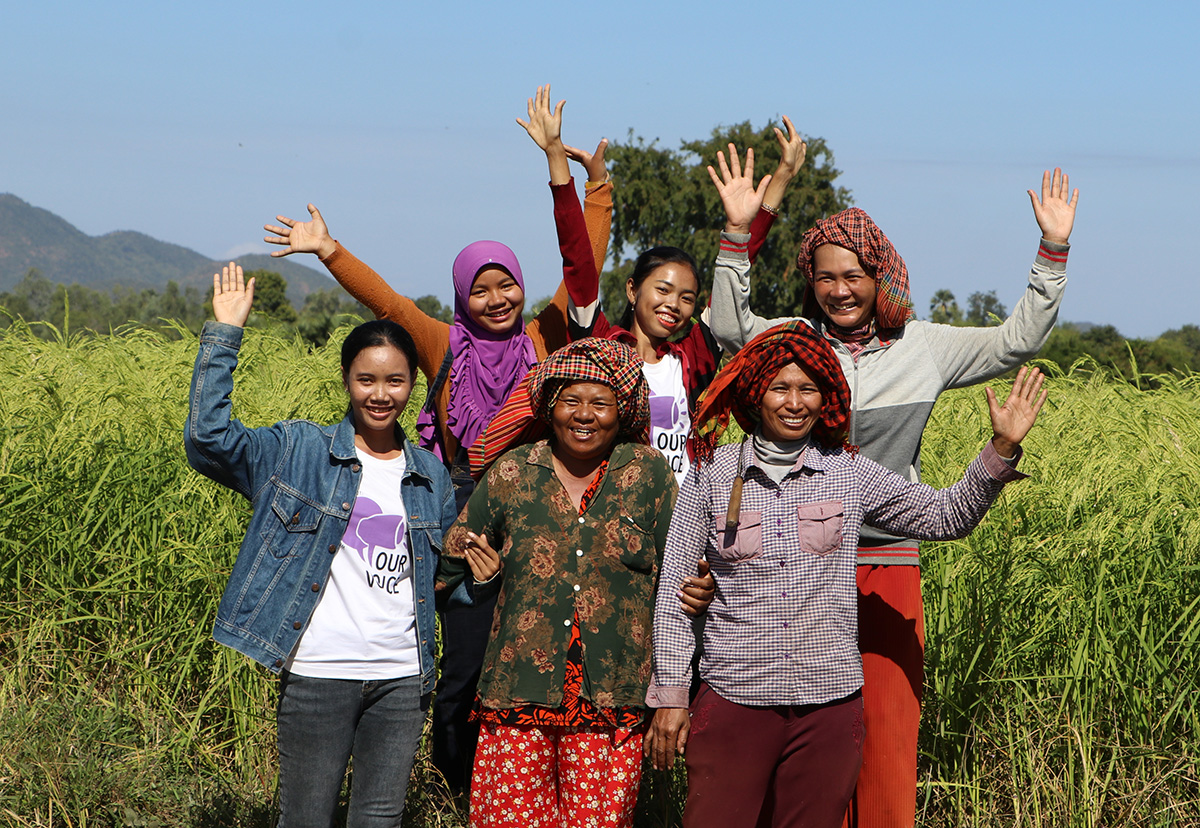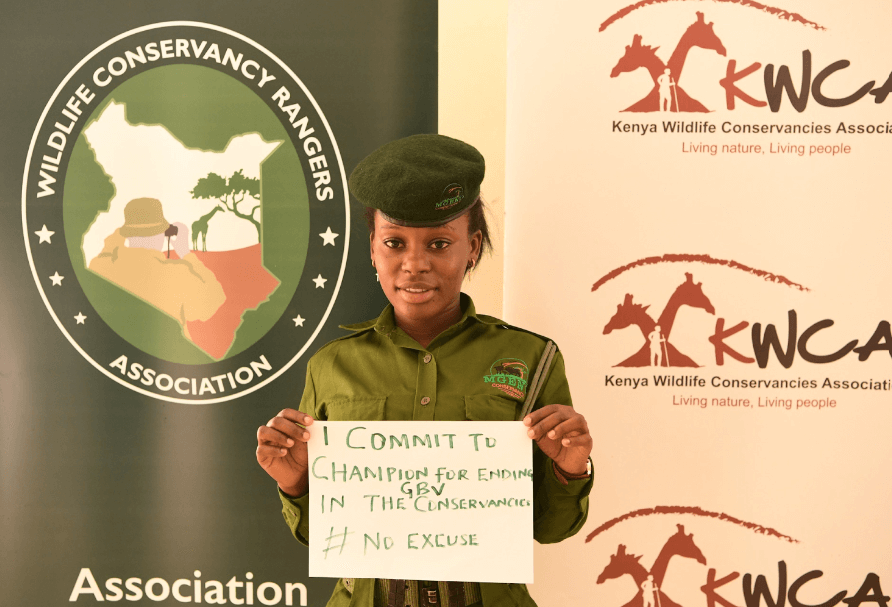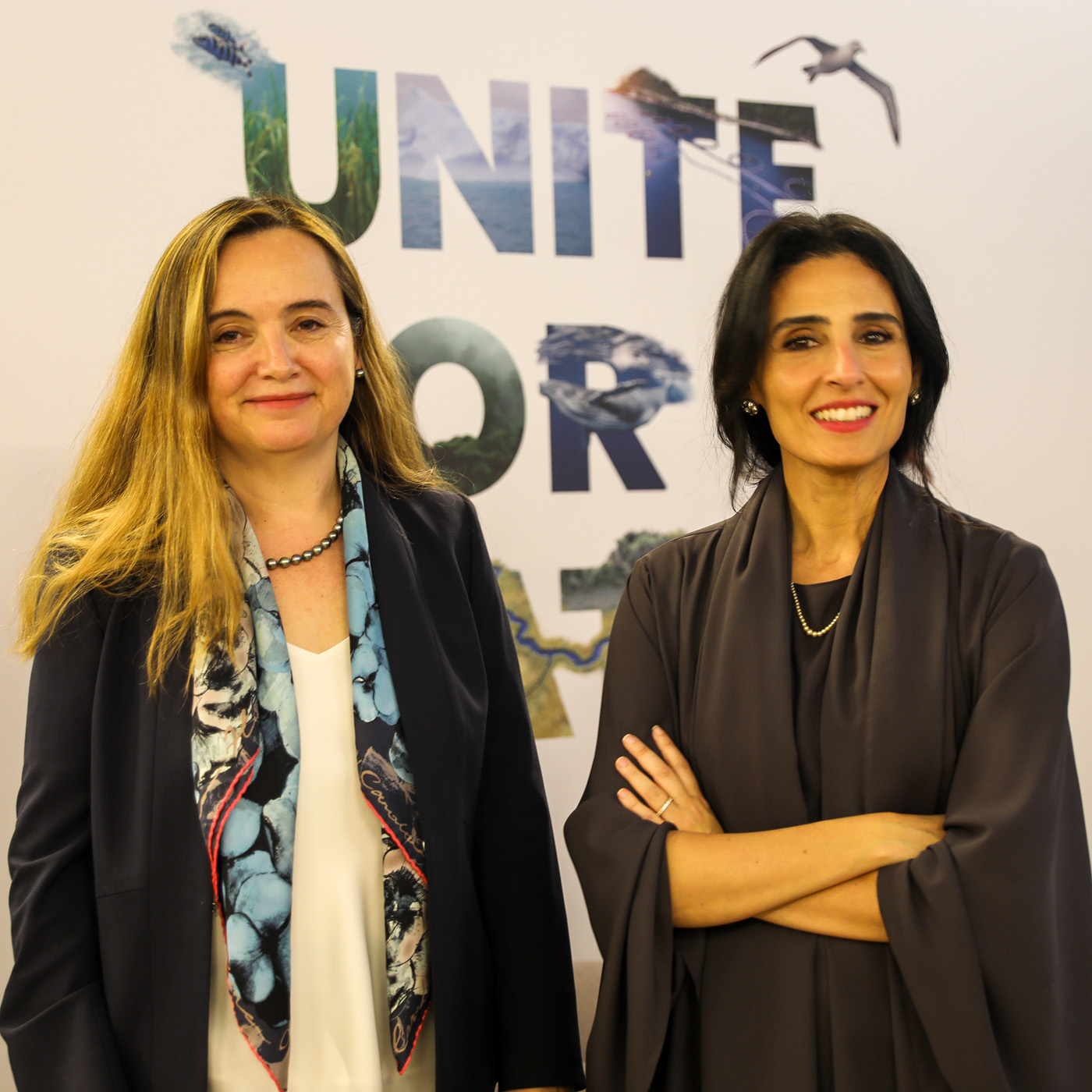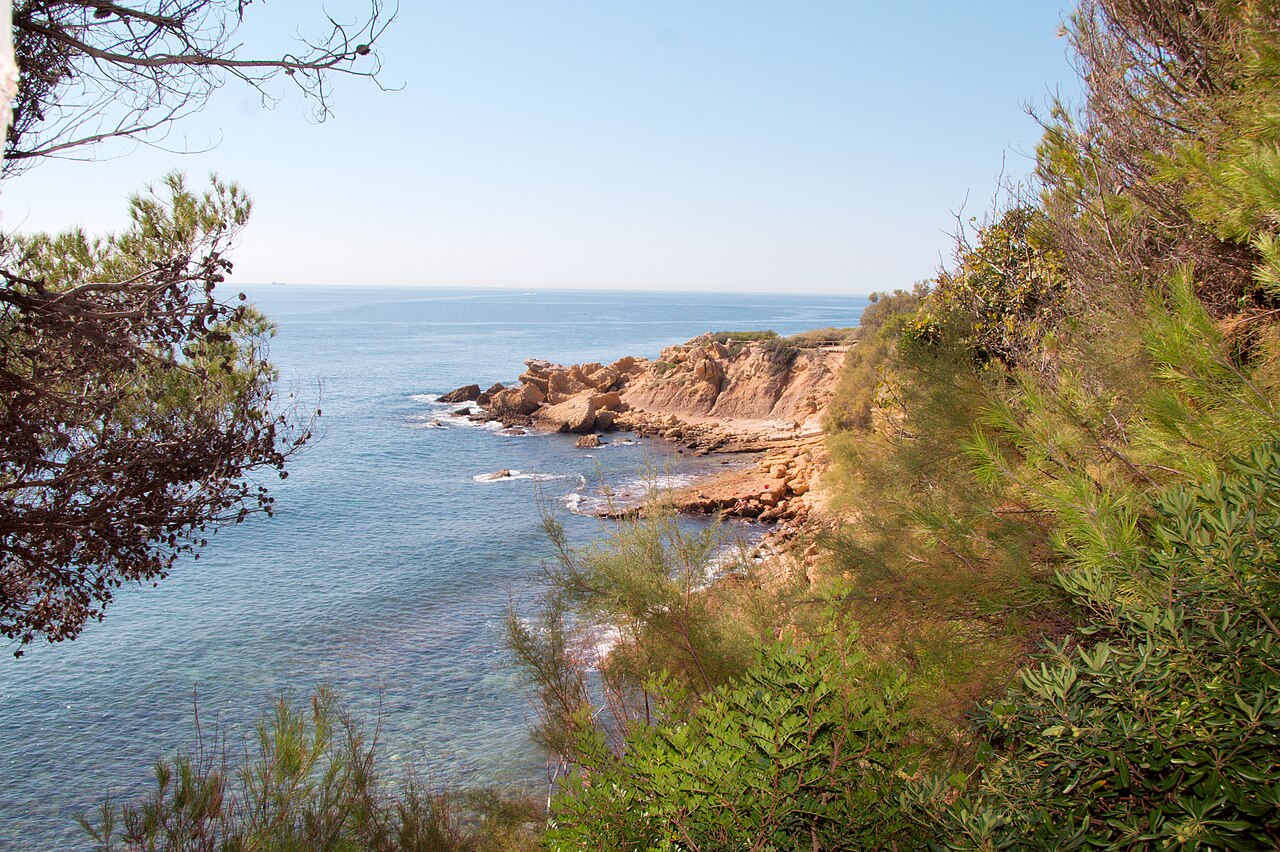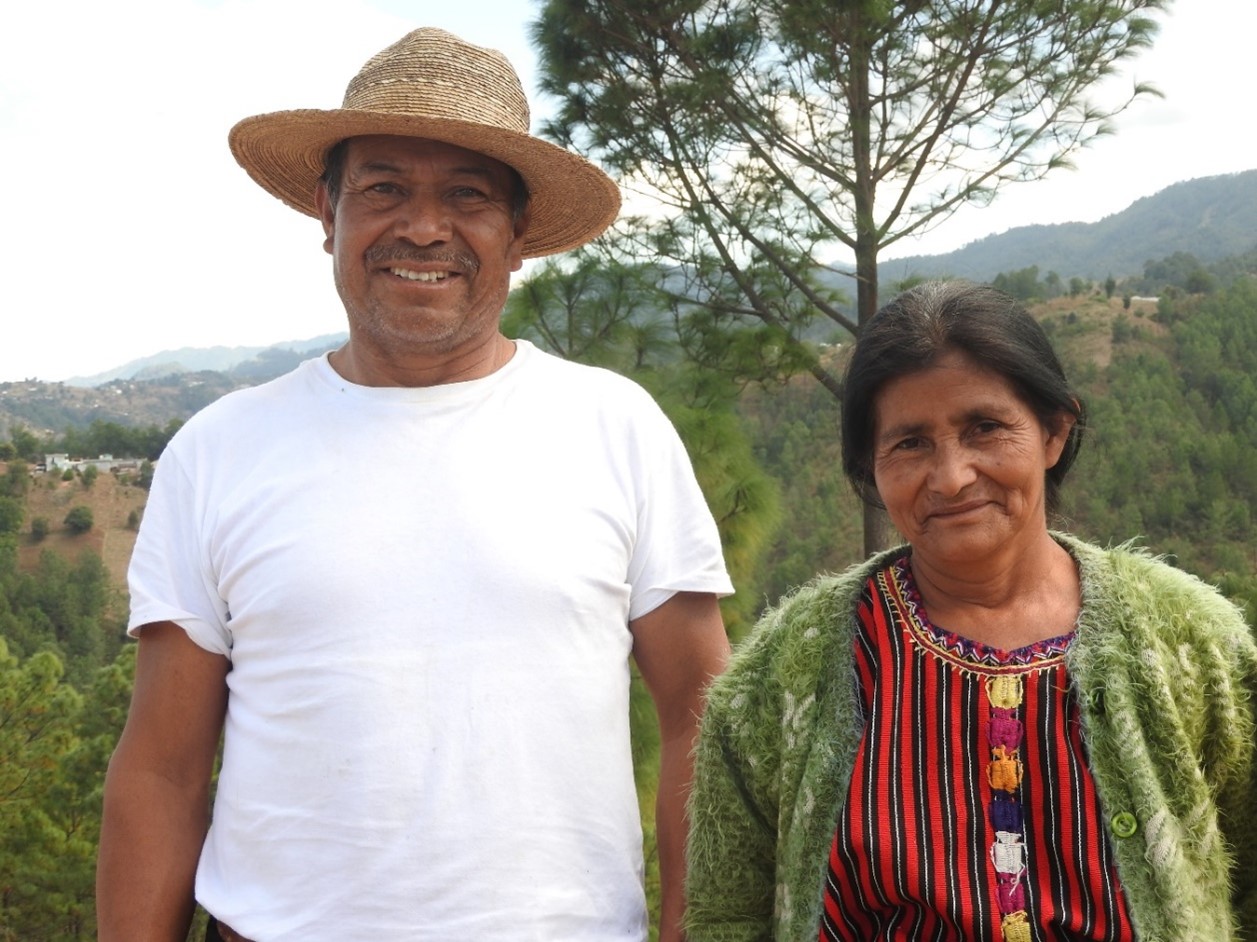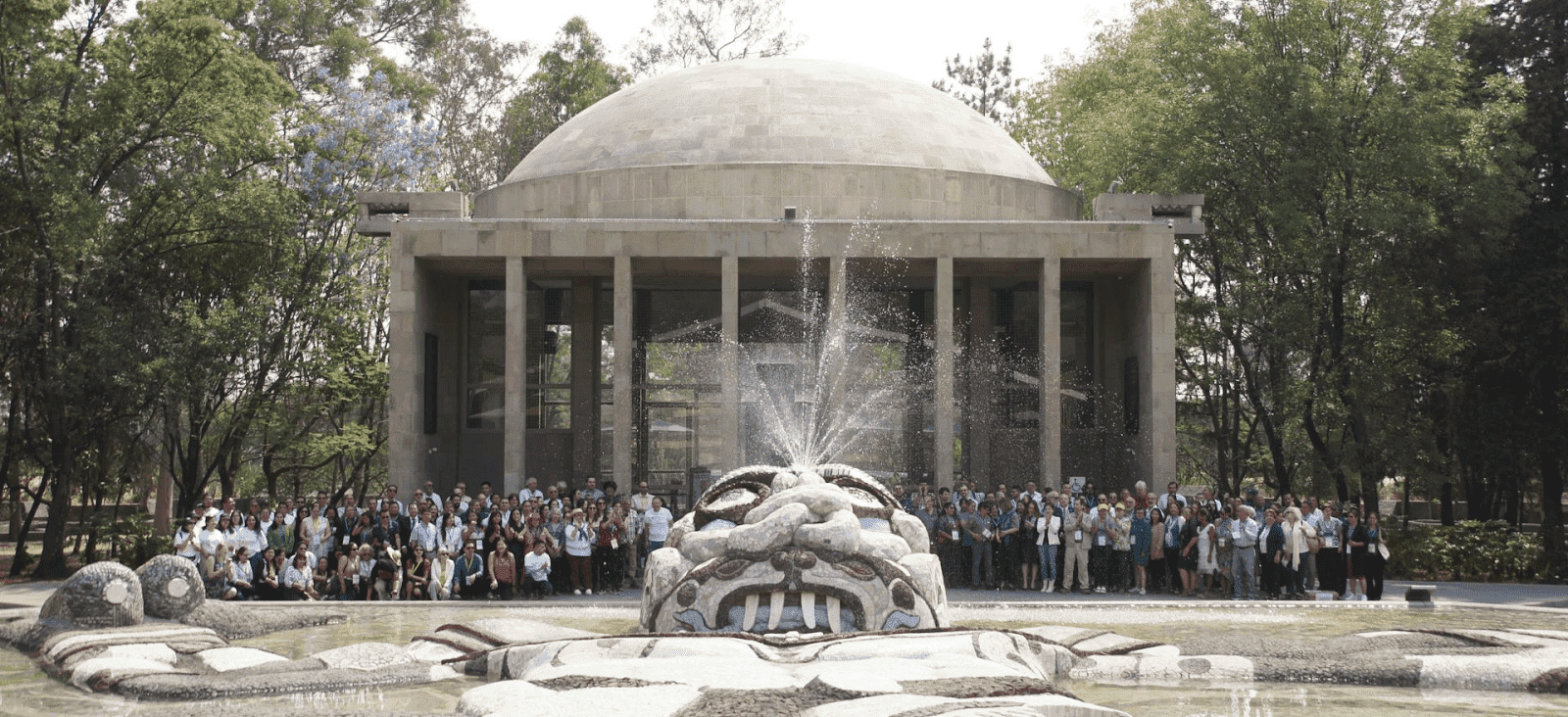IUCN President and Director General’s Statement on International Women’s Day
Achieving gender equality and empowering women in environmental action are crucial for meeting our objectives in sustainable development, global climate efforts and biodiversity conservation. Despite this, women remain significantly disadvantaged in terms of rights, access to, and ownership over natural resources, and are often sidelined from making environmental decisions.
Today, we unveil the latest IUCN data revealing that gender parity in environmental leadership is still far from being achieved, with advancements having significantly slowed. Our research indicates only a slight improvement in equality over the last decade. In essence, women are notably absent from decision-making positions in environmental and environment-related ministries. Should this trend continue, achieving gender parity in leadership of environment-related ministries could be delayed by as much as 162 years.
Gender equality begins with the recognition of women’s rights, yet nearly 40 percent of the world's economies continue to limit women’s property rights. Despite making up 43 percent of the global agricultural labour workforce, less than 15 percent of landholders are women. At the same time, as users, managers, knowledge-holders and stewards of ecosystems, women have demonstrated that their equal participation in conservation and climate action leads to better environmental results. For example, gender-balanced or women-led forest and fisheries management groups not only improve ecosystem protection and restoration, but also increase accountability and transparency, and ensure benefits are distributed more equally.
IUCN is actively working to address these inequalities and empower women and girls to achieve equal and safe participation in environmental and climate action. In 2021, IUCN’s Members took a landmark decision to call upon the Union to protect environmental and human rights defenders and whistleblowers from oppression and violence. This Resolution (WCC-2020-Res-115-EN) acknowledges the increase in “human rights abuses against environmental defenders, especially women, their families and associates, including killings, threats, intimidation, harassment, gender-based violence, smear campaigns, criminalisation, and forced displacement”. All people who dedicate their lives and careers to the preservation of the environment and the promotion of Indigenous rights should be able to do so with their dignity and safety intact.
This International Women’s Day, we are proud to say that IUCN is being led by two women from very different parts of the world. Gender equality in environmentalism is a priority for IUCN, and as a Union we will not stop working until women can safely and adequately participate in nature conservation. We invite everyone to consider how we can improve investments in gender equality and women’s empowerment across the environmental sector, and in supporting women’s environmental leadership.
There is no time to waste in making this a reality. Daily, women around the globe are demonstrating their effectiveness, resilience, and resourcefulness in addressing the urgent environmental crises facing the planet. We cannot wait 162 years to see half the population equally leading positive change, for people and nature alike.

